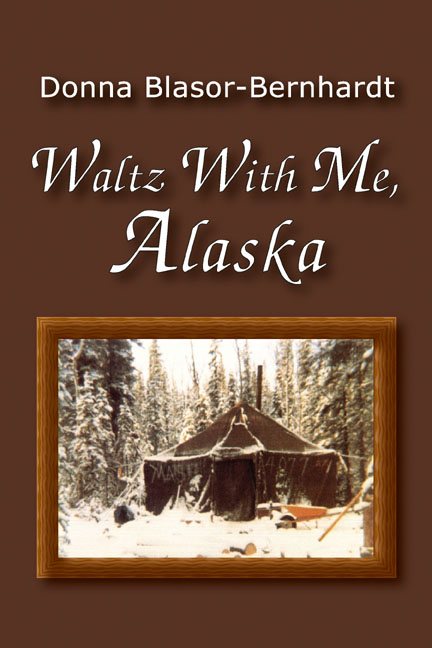Enjoy the show!

As a field radio operator, Lloyd Lofthouse was a walking target in Vietnam in 1966. He has skied in blizzards at forty below zero and climbed mountains in hip deep snow.

Lloyd earned a BA in journalism after fighting in Vietnam as a U.S. Marine. Later, while working days as an English teacher at a high school in California, he earned an MFA in writing. He enjoyed a job as a maitre d’ in a multimillion-dollar nightclub and tried his hand successfully at counting cards in Las Vegas for a few years. He now lives near San Francisco with his wife, with a second home in Shanghai, China. Lloyd says that snapshots of his life appear like multicolored ribbons flowing through many of his poems.
This link takes you to Lloyd's 'Vietnam Experience' page filled with photos. He took many of them. Since Lloyd still has to edit the photos so they load faster, this page may load slow for older computers.
This link will take you to a media piece from a Southern California newspaper that Lloyd copied and posted on his Website that will give you an idea about his teaching years.
If you are interesting in learning more about Lloyd's teaching experience, you are welcome to read about it at AuthorsDen. 'Word Dancer' is a memoir of the 1994-1995 school year. He kept a daily journal that year. He is using that journal to write 'Word Dancer'. Everyday, when he arrived home, Lloyd wrote an entry in that journal. It sat on a shelf in his garage for fourteen years gathering dust. Spiders moved into the binder and built a nest. After all those years, Lloyd forgot he'd written it. When he was cleaning the garage, he found it again. Lloyd started reading, remembering and writing. Everything he writes in 'Word Dancer' happened. He's using a primary source as his guide. Memory may be faulty, but a daily journal written the day an event took place is as accurate as it can get from the author's point-of-view.
Accomplishments: Lloyd's short story "A Night at the Well of Purity" was named a finalist for the 2007 Chicago Literary Awards.
As a teacher, Lloyd found satisfaction in the number of students that published nationally and internationally while attending his English and journalism classes.
You can visit his website at www.mysplendidconcubine.com.

Driven by a passion for his adopted country, Robert Hart became the “godfather of China’s modernism,” inspector general of China’s Customs Service, and the builder of China’s railroads, postal and telegraph systems, and schools, but his first real love is Ayaou, a young concubine.


"Love for ones wives' sister is typically forbidden by most Western religions, but the most successful Westerner in Chinese history is faced with this conflict. "My Splendid Concubine" is the tale of Robert Hart who deals with matters of his lust and how to deal with them the Chinese way, which so conflcit with his upbringing. The Taiping Rebellion doesn't help matters, him making enemies of established and skilled mercenaries in the process of protecting his interest and the women he loves. "My Splendid Concubine" is packed cover to cover with intriguing characters and plot, a must read for historical fiction fans and a fine addition to any collection on the genre."
--Midwest Book Reviews
"What makes this story something other than a cliched period piece is the fact that Lofthouse drew his narrative from fragments of Hart’s own diaries which Hart himself was supposed to have burned before his death. Hart was a prodigious correspondent, and the 40 odd volumes of letters he left behind became a foundational document for modern Sinologists-including John King Fairbank-who sought reasons for modern China’s highly problematic entrance into modernity.
If even half of Lofthouse’s narrative is true, it’s a stunning work that enmeshes imperialism, modernity, miscegenation and plain old desire in a sweaty matrix of destruction and painful birth."
--City Weekend Magazine





















